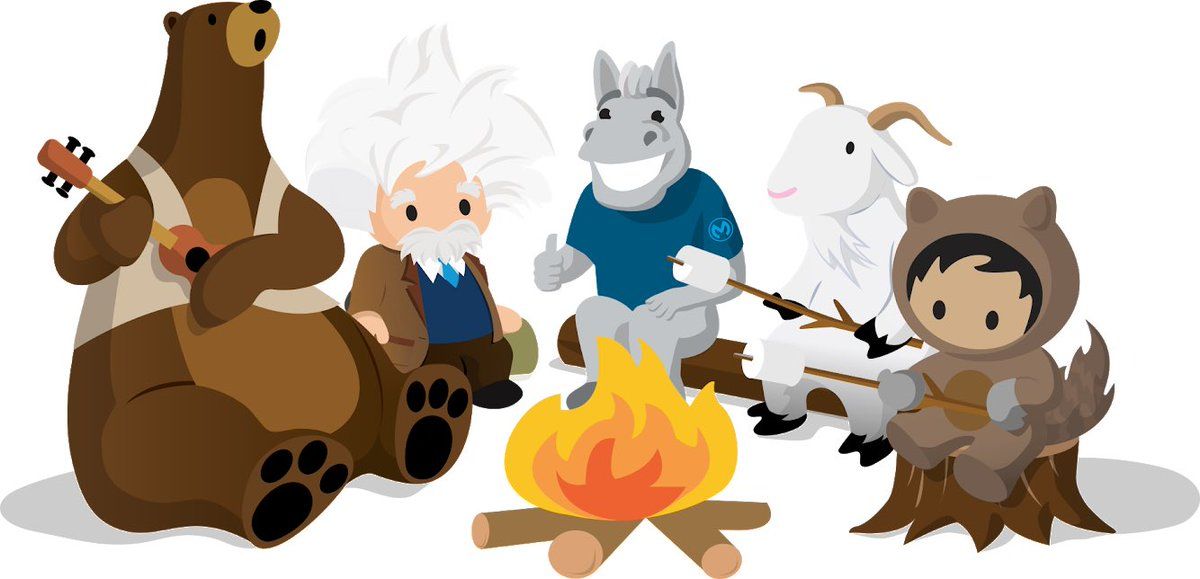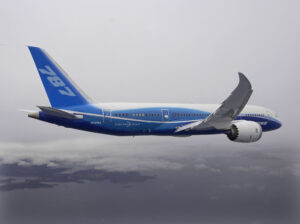
In business-to-business (B2B) companies, where seriousness and professionalism often take centre stage, Salesforce has boldly embraced a playful and innovative approach by integrating mascots into their branding strategy. By leveraging the power of mascots, Salesforce has added a touch of whimsy to its brand image and created a memorable and engaging experience for its customers and employees.
Traditionally, mascots have been predominantly associated with consumer-facing brands, often targeting children or representing sports teams. However, Salesforce has defied convention and recognized the untapped potential of mascots in the B2B space. They have strategically designed a diverse range of mascots, each representing different functions and departments within the company.
These mascots serve as relatable and approachable brand ambassadors, adding a layer of personality to the various facets of Salesforce’s operations. From the “Cloudy” mascot symbolizing Salesforce’s cloud-based solutions to “Codey” representing the developer community, these mascots help humanize the brand and create a connection with customers and employees.
One of the key advantages of using mascots in B2B branding is the ability to simplify complex concepts and make them more accessible. Salesforce’s mascots play an integral role in simplifying their technology and services, breaking down barriers and making them easier to understand. This approach enhances customer engagement and fosters a sense of trust and confidence in the brand.
Moreover, Salesforce’s mascots extend beyond their marketing efforts. They have become an integral part of the company culture, resonating with employees and creating a sense of pride and unity. These mascots inspire and motivate the Salesforce team, acting as rallying symbols for their respective departments and creating a shared identity within the organization.
Salesforce’s innovative use of mascots sets an example for other B2B companies, showing that embracing playfulness and injecting personality into branding can be highly effective. By utilizing mascots, B2B brands have the opportunity to differentiate themselves, break through the clutter, and create a memorable and engaging experience for their target audience.
In conclusion, Salesforce’s integration of mascots into their B2B branding strategy demonstrates their commitment to embracing creativity and thinking outside the box. By leveraging mascots, Salesforce has successfully added a touch of whimsy, simplified complex concepts, and fostered connections with customers and employees. This elegant and innovative approach inspires other B2B companies to consider the power of mascots in humanizing their brand and creating memorable experiences.













